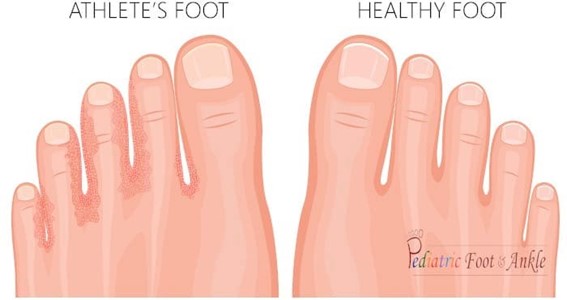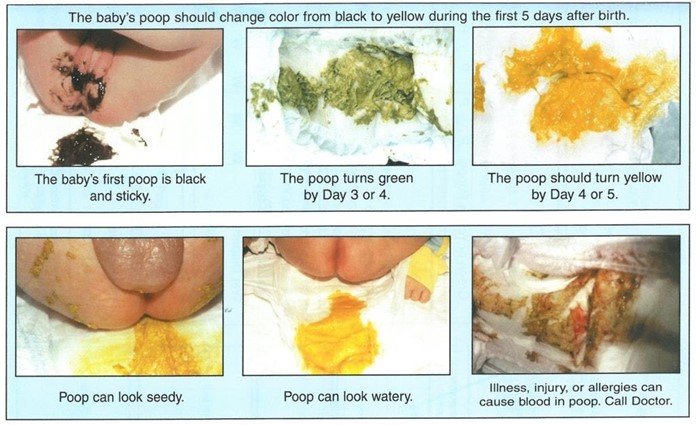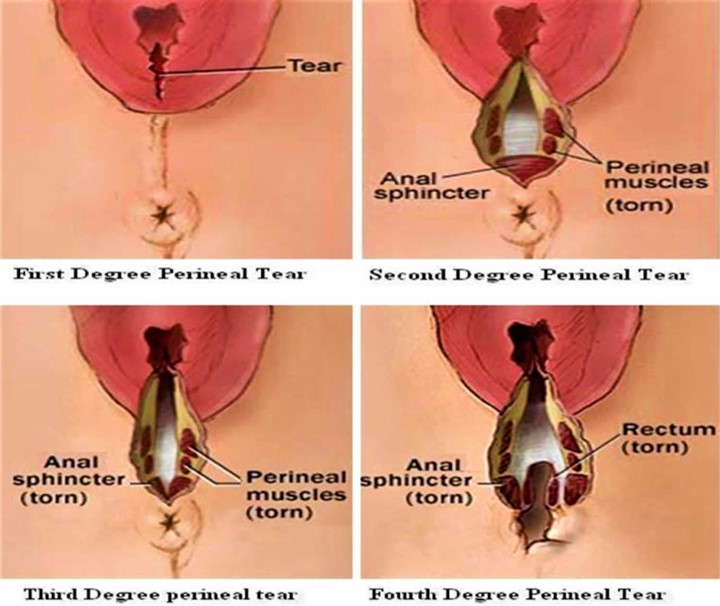The client tells the practical nurse (PN), "I have been applying triple antibiotic ointment to my athlete's foot for the past two days, but it still itches." How should the PN respond?
Antibiotics take a week to be effective against the infection.
Athlete's foot is a fungus. Antibiotics will not relieve symptoms.
When the itching stops, continue to use the ointment for two weeks.
A thick layer of the medication is needed to stop the itching.
The Correct Answer is B
The PN should inform the client that athlete's foot is a fungal infection and that antibiotics are not effective against fungi. The client needs to use an antifungal medication to treat the infection. The other options are not accurate or appropriate responses.
Antibiotics take a week to be effective against the infection (A) is not accurate because antibiotics are not effective against fungal infections.
When the itching stops, continue to use the ointment for two weeks (C) is not appropriate because the client is using the wrong type of medication.
A thick layer of the medication is needed to stop the itching (D) is not accurate because the client is using the wrong type of medication.

Nursing Test Bank
Naxlex Comprehensive Predictor Exams
Related Questions
Correct Answer is C
Explanation
Passage of meconium stool is a normal and expected event in the first 24-48 hours of life. The absence of meconium stool can be indicative of bowel obstruction or other underlying medical conditions, and requires further investigation and evaluation by the healthcare team. The other options are important pieces of information, but they do not carry the same level of urgency as the absence of meconium stool.

Correct Answer is D
Explanation
If a postpartum client who delivered vaginally 6-hours ago and had a second-degree perineal laceration reports feeling increased pain and pressure in her vaginal area, the practical nurse (PN) should apply an icepack to the perineum.Applying an icepack can help reduce swelling and provide pain relief in the affected area. The PN should also monitor the client's condition and report any changes or concerns to the healthcare provider. The other interventions listed may also be appropriate in some situations, but applying an icepack to the perineum is the most appropriate initial intervention in this situation.

Whether you are a student looking to ace your exams or a practicing nurse seeking to enhance your expertise , our nursing education contents will empower you with the confidence and competence to make a difference in the lives of patients and become a respected leader in the healthcare field.
Visit Naxlex, invest in your future and unlock endless possibilities with our unparalleled nursing education contents today
Report Wrong Answer on the Current Question
Do you disagree with the answer? If yes, what is your expected answer? Explain.
Kindly be descriptive with the issue you are facing.
